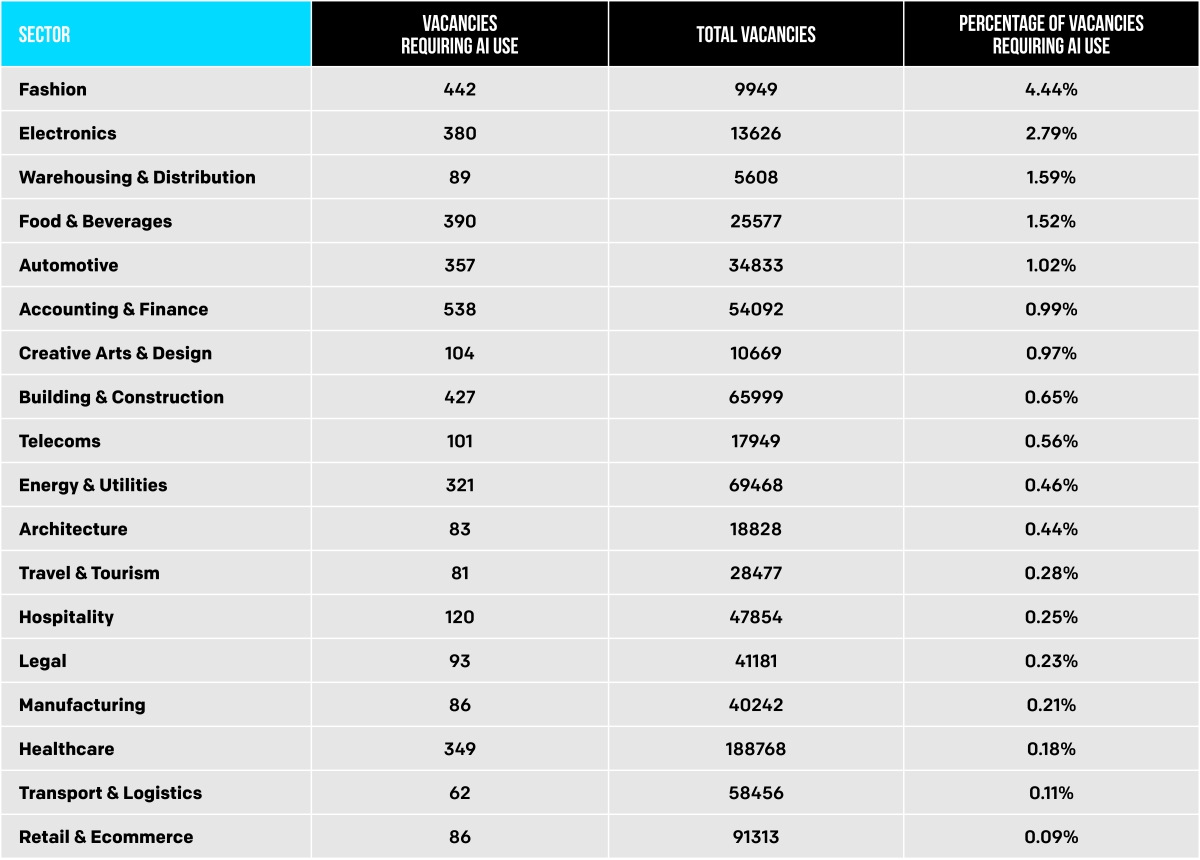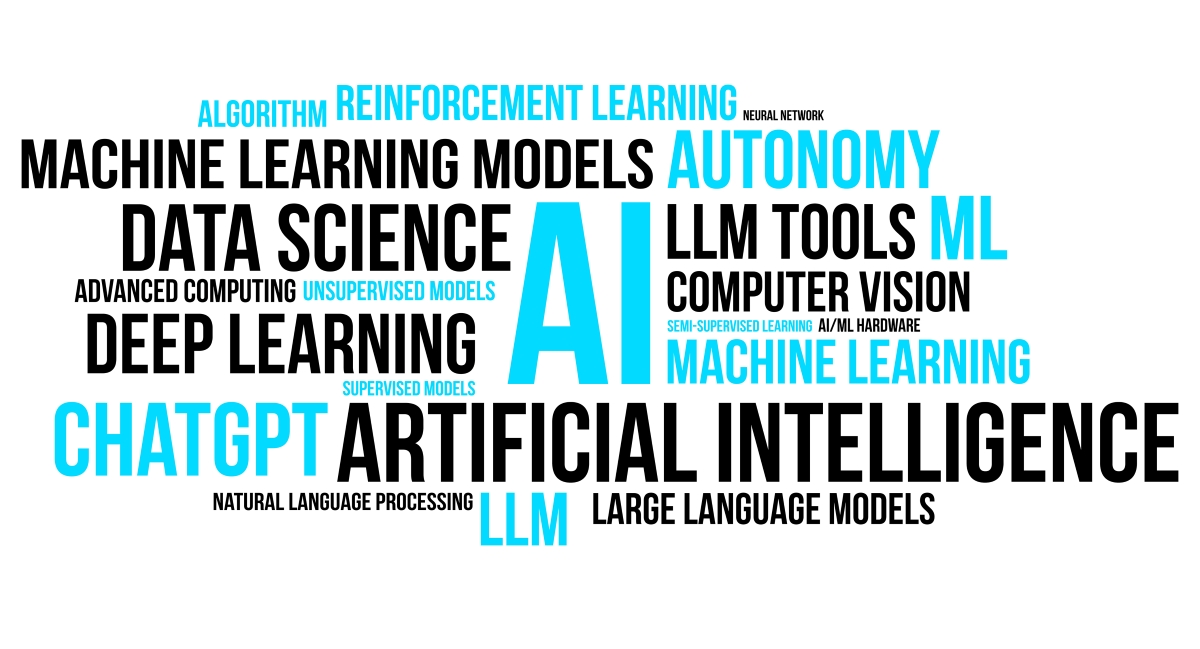AI & Me: Which industries are skilling up their workforces fastest?


As a data-led digital PR agency, we’ve always embraced future thinking – without ever losing sight of the craft of writing, or the art of speaking to people.
We might reside in a Victorian building, in the city that sparked the Luddite uprisings, but our curiosity for new technology is insatiable. Nothing, though, has stirred up as much debate as the rise of generative AI tools, like ChatGPT and MidJourney, which are transforming working practices.
Yet for employers, AI represents a once-in-a-generation opportunity to eliminate some of the most labour-intensive tasks and take customer experiences to another level. It is also creating new and rewarding career opportunities for people to both develop and use the technology.
In our industry and beyond, people are questioning whether jobs will be wiped out by highly-sophisticated text and image-generation tools.
Our investigation into artificial intelligence
As with any new technology, there are early adopters and those who are lagging behind. Job ads are a good indicator of how businesses are upskilling their workforce to prepare for AI-driven processes.
To find out who’s embracing the technology fastest, we analysed 18 different industries to find out what proportion of vacancies that include AI and other related terms.
At a glance:
- Fashion is the most AI-ready industry with the highest proportion of AI-related roles, at 4.44% – compared to the next most AI-ready sectors, electronics (2.79%) and warehousing and distribution (1.59%).
- Retail and ecommerce had the lowest proportion of jobs requiring AI at 0.09%, followed by warehousing and logistics (0.11%).
AI skills requirements

Industry analysis: Who’s leading the way on AI skills – and who’s lagging behind
Our research shows that fashion is storming ahead, with the highest proportion of jobs with an AI skills requirement. Encompassing everything from design to buying, fashion is fast-paced and competitive so it’s perhaps no surprise that companies are embracing AI. The use of data analytics, fuelled by AI, can also help them to solve big challenges facing the sector – like speeding up design and production; proactively identifying new trends and aligning supply with demand to reduce waste.
In second place is electronics, a highly-technical industry involving painstaking processes. Here, AI could support the design and development of innovative new products, and automate manufacturing processes to reduce the scope for error. Furthermore, as demand for smart devices grows – everything from home security to industrial machines with predictive maintenance capabilities – more AI engineers will be needed to build them.
While fashion came top of our table, its cousin – retail and ecommerce – ranked bottom, with just 0.09% of roles including an AI element. Like fashion, it is a competitive and trend-led industry, and retailers depend on impeccable service to drive sales and loyalty, whether they sell online or in store. Data-driven insights could help retailers to vastly improve their forecasting capabilities, protect margins and transform customer experience.

What our AI research means
While some sectors have a reputation for being more technologically advanced than others, AI is fast becoming critical for every business. Not all of them need AI engineers, but growing numbers require people who are able to interpret data and use AI tools responsibly and in a way that delivers value.
How can AI benefit me at work?
While AI could be applied to almost any industry, the extent to which it is adopted will naturally vary.
Martin Harris, head of digital at digital PR agency Tank, said: “There’s no doubt that AI is transforming the employment landscape – and I’d argue this is a good thing. It is removing a lot of the labour-intensive drudge work, and giving people more rewarding opportunities to drive success at their business. Like numeracy and literacy, we are likely to see data and AI literacy become a requirement in many technical and non-technical roles.
“Emotional intelligence is, and always will be, a human trait. It cannot be replicated authentically in a machine, but it can improve the strengths of that trait by backing it up with evidence. This year, in particular, it feels like AI has come of age and because the technology is so powerful, human judgement and oversight are more important than ever.”